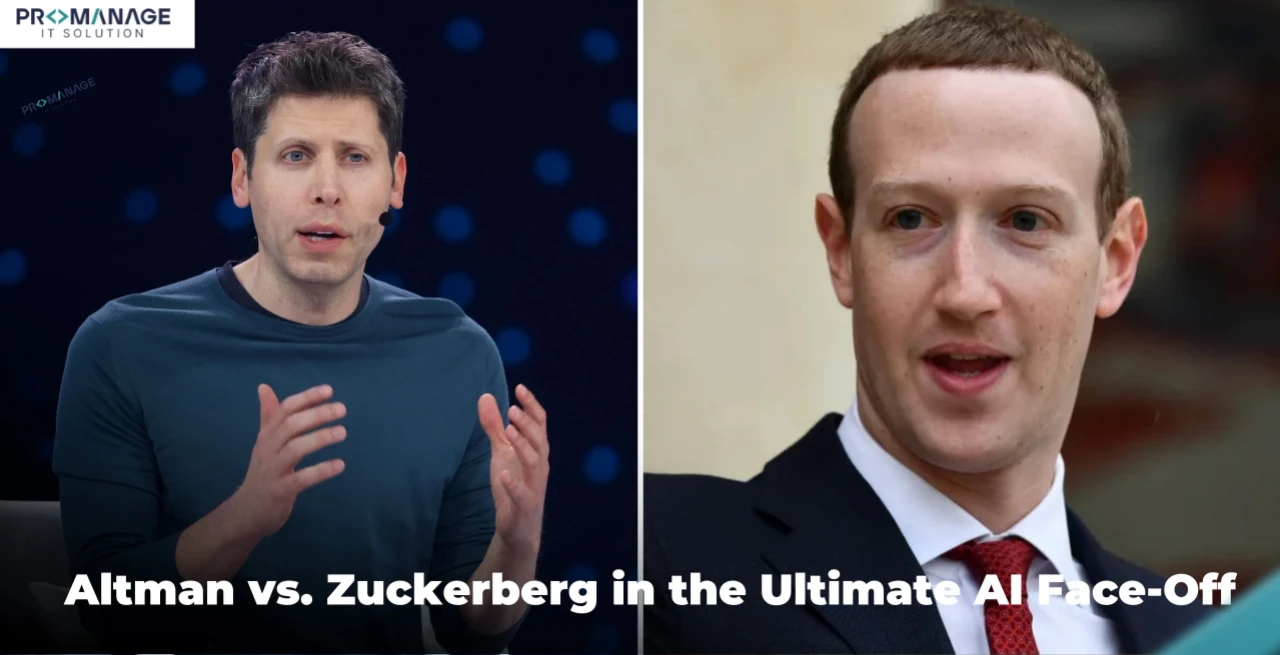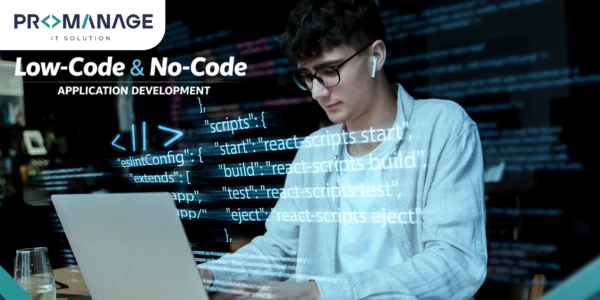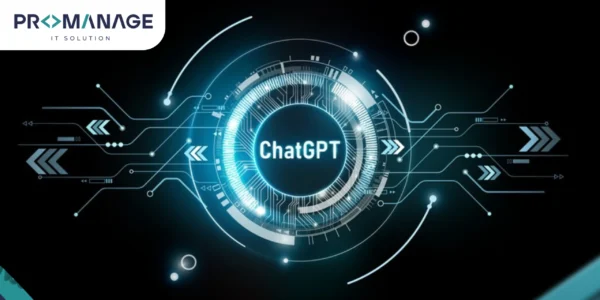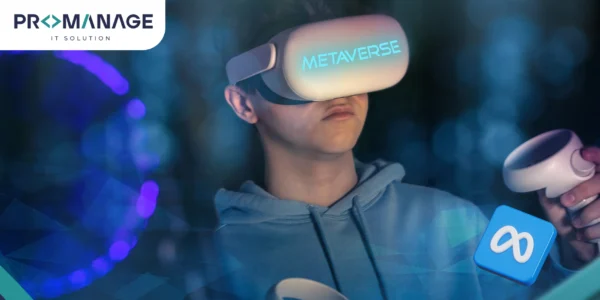Brains, Billions, and Bots: Altman vs. Zuckerberg In the Ultimate AI Face-Off

In the high-speed race to dominate artificial intelligence, it’s not just machines doing the heavy lifting—it’s people. And right now, the most powerful tech companies in the world are fighting not over users, but top AI talent.
At the center of this latest Silicon Valley standoff are Sam Altman, CEO of OpenAI, and Mark Zuckerberg, CEO of Meta. The two titans are at odds over a quiet but fierce hiring war that’s turning up the heat in the AI world. With billion-dollar ambitions and some of the smartest minds on the planet in play, things are getting very real.
Let’s get into what’s going on and why it matters.
The Situation: Meta Poaches from OpenAI
Who doesn’t know Meta! The parent company of Facebook, Instagram, and WhatsApp has been on an AI hiring spree. The company, not long ago, introduced a new division called Meta AI Superintelligence and aiming to overtake competitors by building highly advanced systems.
And how do they plan to do it?
By employing the very best researchers, and you know what? Most of them happen to be working at OpenAI.
Following the reports, at least 8 top researchers from OpenAI have already joined Meta. Some have reportedly been offered $100 million+ compensation packages and huge bonuses, and equity.
There were even rumors of Meta offering up to $300 million to secure certain individuals (though Meta later called those numbers “misrepresented”).
Still, the message is loud and clear: Meta is ready to spend big to win.
Sam Altman Responds—Calmly
When OpenAI CEO Sam Altman was asked about these developments in a recent interview, he didn’t sound worried. In fact, he came off as completely unfazed.
Here’s a quick snippet of how that conversation went:
| Question | Altman’s Reply |
| What do you think about Meta hiring your people? | “Fine.” |
| Does it hurt OpenAI? | “Good.” |
That’s it—short, cool, and composed.
But beneath those single-word responses lies a more nuanced view of what Altman really thinks.
Culture Over Cash
Altman took a subtle dig at Meta’s aggressive hiring strategy by highlighting a core difference between the two companies: culture.
According to Altman, OpenAI isn’t just another tech company—it’s a mission-driven organization focused on ensuring AI is developed safely and benefits humanity. And for many researchers, that mission matters more than a big paycheck.
“You can’t buy a great culture with money,” Altman said. “Some people will leave. That’s fine. But the best ones are staying because they believe in what we’re doing.”
He admitted that compensation does matter, especially when competitors are offering eye-popping figures. That’s why OpenAI is now revisiting its pay structures, introducing retention bonuses, and making sure people feel valued both financially and emotionally.
Still, he believes those who’ve stayed aren’t just employees—they’re believers in a greater cause.
OpenAI’s Internal Concerns
While Altman remains publicly calm, not everyone at OpenAI is taking the poaching lightly.
OpenAI’s Chief Research Officer Mark Chen reportedly told staff that Meta’s tactics felt like their “home had been broken into.” Internally, OpenAI is treating the departures seriously and is moving quickly to improve team morale, prevent further losses, and ensure no ongoing projects are disrupted.
To be fair, it’s not unusual for tech companies to poach talent from each other. But this feels more personal, perhaps because OpenAI and Meta are working on similar next-generation AI systems. And when top minds leave for a rival, the threat isn’t just lost talent—it’s lost strategy.
What Meta Wants
Zuckerberg and Meta aren’t denying their recruitment push. Their strategy is simple: get the best minds, build the best AI. And in today’s market, the best minds come at a premium.
By launching Meta Superintelligence, Zuckerberg has signaled his intention to go beyond chatbots and virtual assistants. He wants Meta to play a major role in shaping human-level AI, also known as artificial general intelligence (AGI).
And if that means outbidding OpenAI for its talent? So be it.
Still, Meta has pushed back on the $300 million offer rumors, saying the numbers were exaggerated. But they’ve confirmed hiring several OpenAI alumni, and they’re not stopping there.
Mission vs. Money: Who Wins?
This isn’t just a talent war—it’s a culture war.
Here’s how the two companies stack up:
| Aspect | Meta | OpenAI |
| Strategy | Offer huge pay to attract top researchers | Inspire with mission and purpose |
| Focus | Build fast, win the AI race | Build safely, align with humanity |
| Culture | Competitive, high-pressure | Research-first, values-driven |
| Current Talent Movement | Gaining OpenAI staff | Retooling to retain remaining team |
Altman argues that while Meta might win some people with deep pockets, OpenAI will keep the ones who care deeply about building responsible AI. And in the long run, that might be the better bet.
What This Means for the Future of AI
This talent war isn’t just about headcount—it’s about who controls the direction of AI development.
Will the future of AI be driven by companies motivated by market dominance and profit?
Or by teams focused on careful, ethical progress?
That’s the underlying tension between Meta and OpenAI. And as more tech giants dive into the AGI race—like Google DeepMind and Anthropic—these questions will only grow louder.
For now, Altman is betting that purpose beats paycheck.
Final Thoughts
Sam Altman’s calm response might seem casual, but make no mistake—there’s a real battle happening in Silicon Valley. Meta wants to outpace everyone, and they’re using money to do it. OpenAI wants to take its time, hold onto its values, and build something that lasts.
Time will tell which approach wins. But one thing’s for sure:
The future of AI won’t just be built with code. It’ll be built by people—and the values they choose to follow.













SEO Team Lead
Preeti is a skilled SEO Team Lead passionate about boosting organic traffic and improving search rankings. She leads with data-driven strategies to help businesses grow online effectively.